May 24, 2025 | 11:36 GMT +7
May 24, 2025 | 11:36 GMT +7
Hotline: 0913.378.918
May 24, 2025 | 11:36 GMT +7
Hotline: 0913.378.918
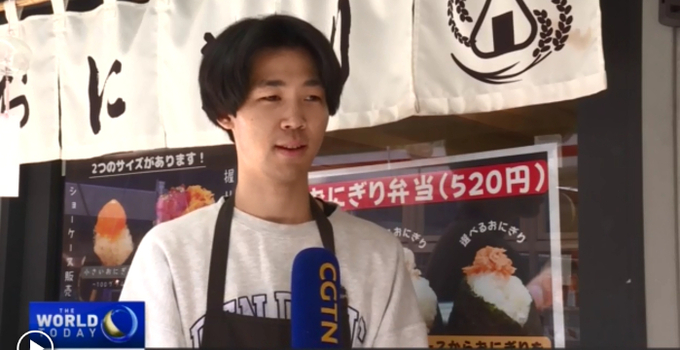
Local media have reported an almost 50-percent surge in the average price of newly harvested rice in Japan this September, as compared to the previous year. The increase has been attributed to escalating production costs and heightened market demand following an earlier supply shortage.
Until recently, rice was considered to be reasonably priced amid continued hikes in food and commodity prices. Naturally, the high price of rice, the country's staple food, has had a major impact on Japanese households and food establishments. There are growing concerns that rice prices will continue to remain high.
Yoshiki Nakao manages a Onigiri store in central Tokyo. Onigiri is a rice ball, most popular form of snack or a light meal in Japan. He is concerned that price of rice will remain high.
YOSHIKI NAKAO, Store Manager, Rice Ball Restaurant "There is a sense of crisis. The price of rice rose by nearly one-thousand yen per 5 kilograms as compared to last year. So, we are doing our best to adjust prices."
In its most recent consumer price index report, the internal affairs ministry said that the price of rice surged 44.7 percent year-on-year in September, the highest rise since September 1975. Shortages caused by the extreme summer heat, and wholesalers hoarding rice in anticipation of a major earthquake in August.
Agriculture ministry said private sector rice inventories are projected to go up to 1.62 million tons by the end of June 2025, from an all-time low of 1.53 million tons a year earlier. However, experts expect rice prices to remain at the current high level.
MASAYUKI OGAWA, Assistant Professor, Department of Agricultural Economics, School of Agriculture, Utsunomiya University "After COVID, commodity prices rose rapidly in Japan, but rice prices remained relatively low. With the current trading system in Japan, it was hard to raise rice prices. However, with the recent shortage, the prices surged rapidly. However, even if we see a recovery in the harvest, it is unlikely the prices will drop to last year's level. I think the prices will stabilize at the current level."
However, many say that the price of rice has long been too low and it is only catching up with other commodity price hikes.
MASAYUKI OGAWA, Assistant Professor, Department of Agricultural Economics, School of Agriculture, Utsunomiya University "In Japan, rice farming is mostly a family-run business. Since a family-run business does not have the strength of a large company, it can be taken advantage of during price negotiations. Under such circumstances, it was difficult to raise the price of rice, while prices of other commodities surged. The circumstances may not have been ideal, but it was an opportunity for rice producers to receive adequate income to compensate for the price hikes they incur. I think the current rice price is reasonable and I do not see it dropping."
TERRENCE TERASHIMA, Tokyo "Experts say rice prices should stabilize at the current level for now, but it is difficult to predict as we have seen unusual climate change events in recent years. Terrence Terashima, CGTN, Tokyo."
(CGTN)
/2025/05/22/5250-1-184853_288.jpg)
(VAN) According to a representative from the Central Retail Vietnam, Vietnamese products such as seafood, sweet potatoes, dragon fruit, coffee, and spices hold great potential in the Thai market.
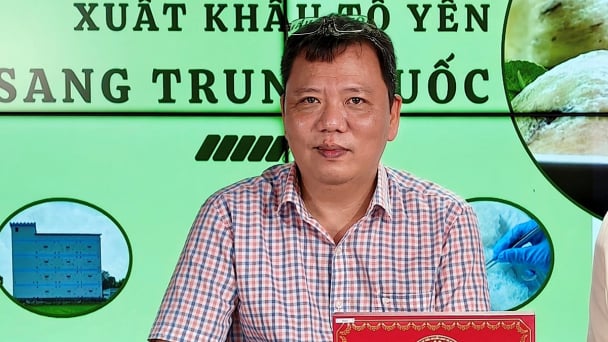
(VAN) A multi-channel, multi-directional strategy only works when the agricultural value chain meets global transparency and SPS standards.
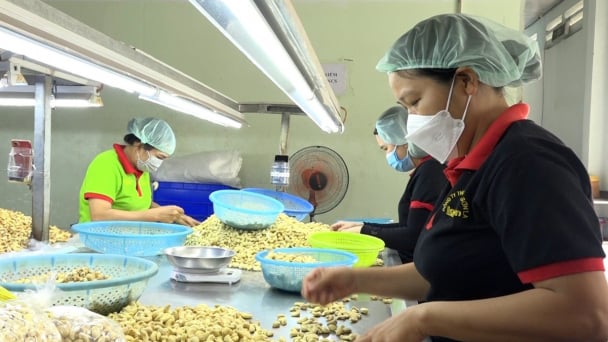
(VAN) Market expansion is a matter of survival for Vietnamese businesses amid fierce competition and global supply chain fluctuations.
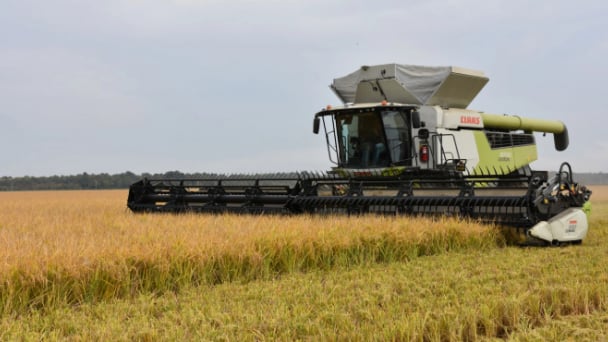
(VAN) Global market prospects for U.S. long-grain rice for the upcoming marketing year.
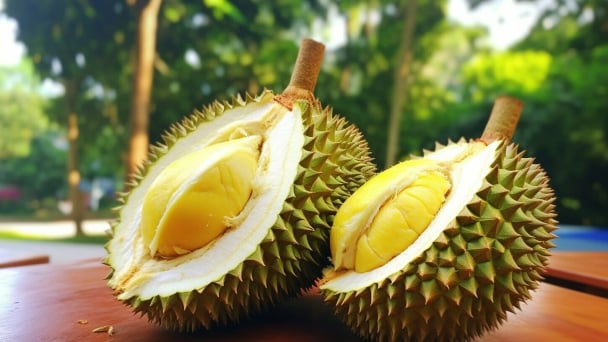
(VAN) China’s General Administration of Customs started permitting fresh durian shipments from Cambodia after a phytosanitary protocol was signed with the Cambodian Ministry of Agriculture in late April.
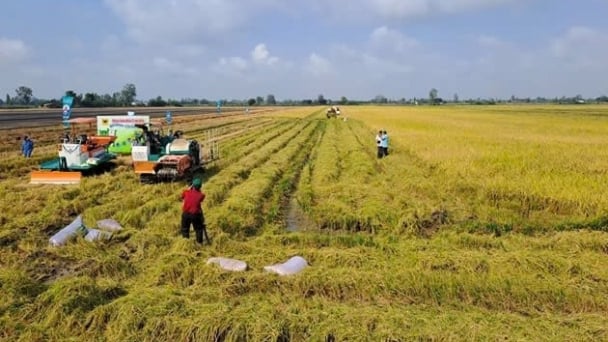
(VAN) To operate carbon market, one of the key issues is determining which types of 'commodities' meet the standards to be traded on the market.
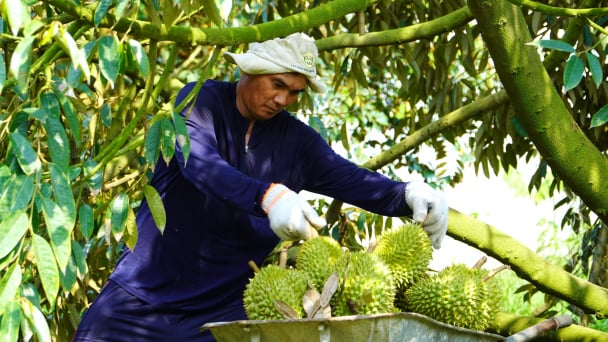
(VAN) Durian-producing localities need to coordinate more effectively with central authorities to improve the traceability, monitoring, and response systems in case of violations.